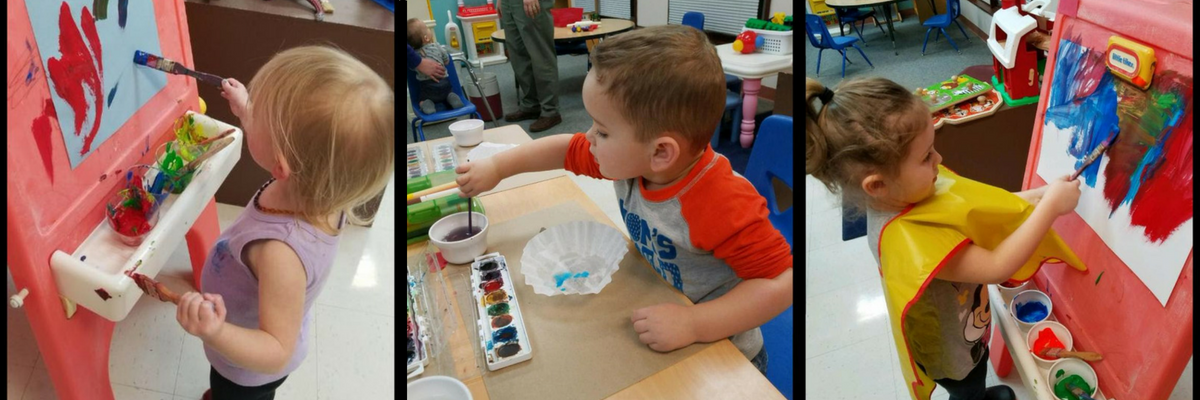
In talking with young parents who are seeking to raise their children in the Christian faith, I have found that their number one priority is for their children to learn Bible stories – to provide a strong biblical base.
Some parents have fond memories of hearing these stories when they were young, while others wish they would have had the chance to learn the stories as children. In my conversations, it was clear that these parents were interested in children’s ministries that made the Bible central to their child’s fledgling faith development.
The reality is that there is no shortage of programming available for children. Communities offer sensory, music, outdoor play, and sports clubs for kids of all ages.
Parents who are striving to root their children in the Christian faith look to church for ways to help their children learn Bible stories and acquire tools that can be applied to a faithful life. They are seeking what only Jesus can offer.
While our instincts might lead us to believe that Americans no longer value the Bible, Barna’s 2017 State of the Bible Survey concluded that most “Americans overwhelming believe the Bible is a source of hope and a force for good even as they express growing concern for our nation’s morals.”
The art of the Story Bible
In my experience, using a great story Bible with supporting activities is central to developing an effective preschool ministry. Because my focus includes children from birth to age four,, I seek a story Bible that is sturdy, colorful, and concise.
Many story Bibles are now available in board book formats that allow the very youngest to flip the pages most comfortably. Brightly colored, child-friendly artwork can often tell the story without words. Children are able to interact with the pictures pointing to characters or events as the story is read.
While these may seem a little too simple for you, as an adult, it’s important to remember that for young children, these story Bibles feature words and pictures designed for their level! Young children often glaze over or wander away if there are too many words.
Looking for a story Bible? Look for one with simple language making a clear point – not one that is too wordy for the reader or the listener.
What to do after reading Bible stories
I teach preschoolers based on the belief that when they experience Bible stories they are ready to hear the message beyond the story.

Preschoolers thrive in an environment where they are also hearing clear statements that help them know God, love God, and love people. While they may not fully grasp the concept, they are learning that there is deeper meaning to the stories.
I was really excited when I found these features in the Frolic First Bible from Sparkhouse. I was even more enthused when I reviewed curricular activities to support each story.
Last winter, our church implemented Frolic during our community nights (which I featured in a previous blog post). Several families told me that they participated because of the Bible story base.
But, I really knew we were meeting their needs when one of my two-year-old friends told his mother that he “loved Bible School”.
Interested in learning more about how you can build a strong preschool Sunday school program for families? Check out more of Linda’s advice in her webinar with Sparkhouse!



